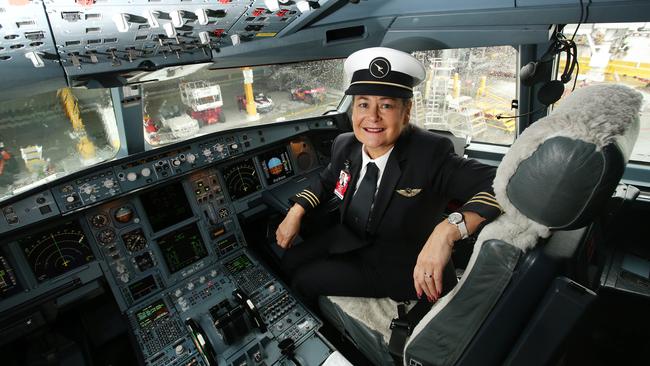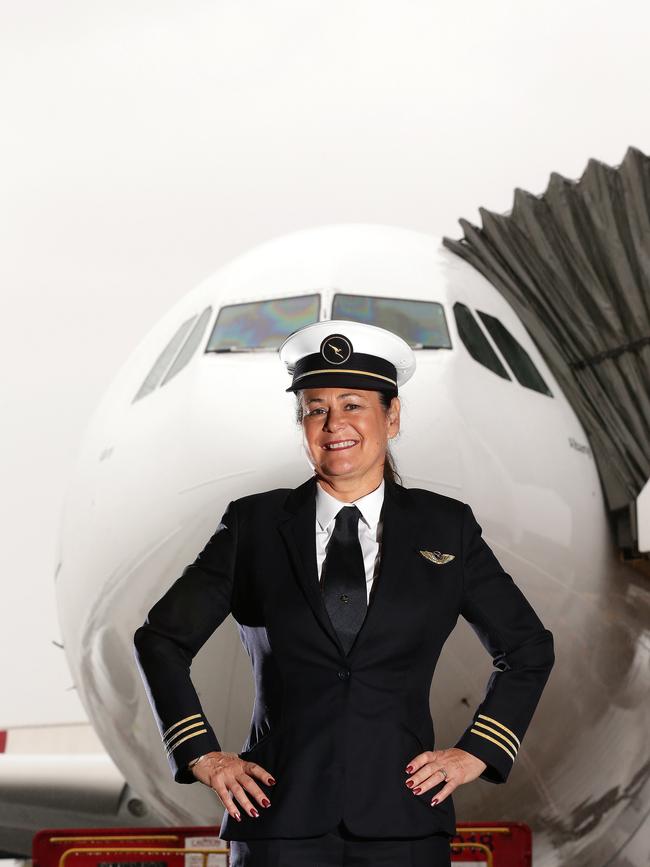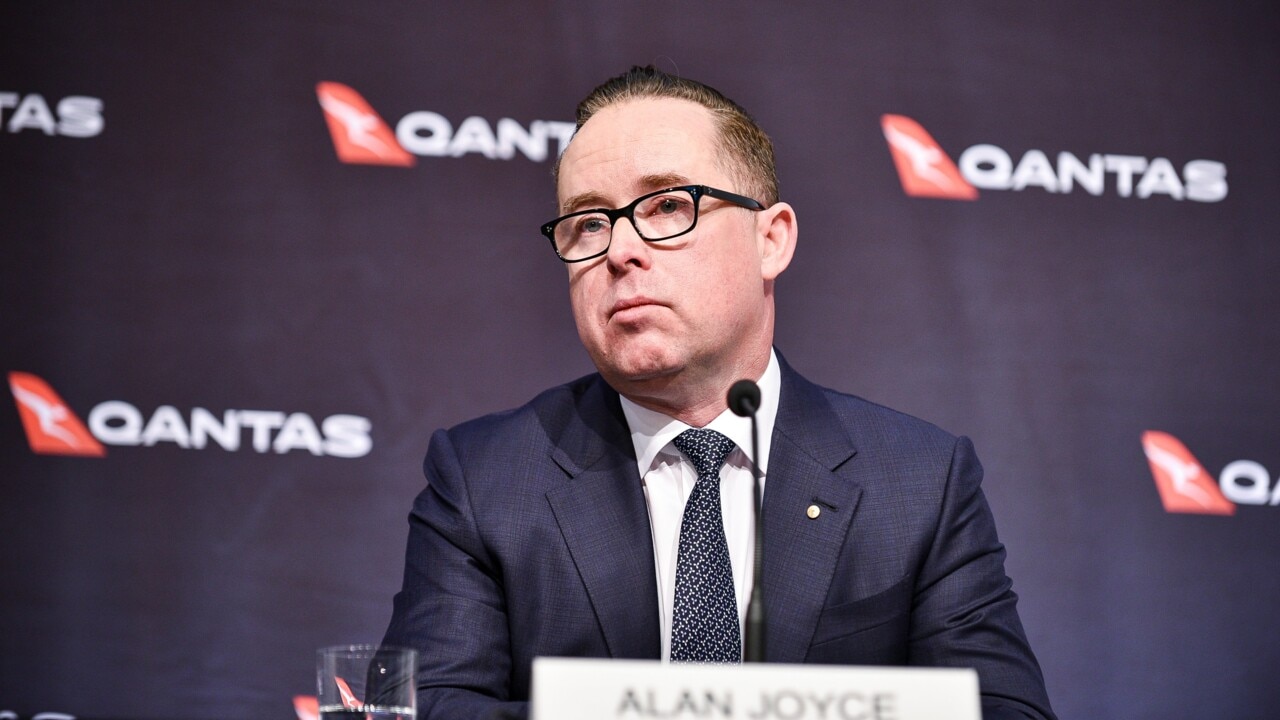Qantas applies to dismiss case by pilot allegedly told to ‘go blonde and wear a push-up bra’
The pilot who claimed she was told to dye her hair and wear a push-up bra if she wanted to succeed is ‘abusing’ the court process, the airline says.

Qantas has applied to the Federal Court to throw out a case brought by a female pilot who claimed she was told to dye her hair and wear a push-up bra if she wanted to succeed.
In documents filed in court, Qantas described the allegations made by Davida Forshaw as “an abuse of the court process”.
An outspoken advocate for gender equality, Ms Forshaw lodged her complaint in the Federal Court late last year, alleging her career was hindered by male superiors who made inappropriate remarks and advances.
In one of the most damning allegations, Ms Forshaw claimed she was told she would “do a lot better” if she dyed her hair blonde and wore a push-up bra.
According to the documents filed by Qantas, Ms Forshaw began as a pilot under training in November 1999, and most recently held the rank of first officer on Boeing 787-9s in 2018.
She had begun command training in a bid to be promoted to captain, but this stalled in late 2021 when she failed a module.
The documents noted Ms Forshaw had not been an active participant in the Qantas workforce since October 25, 2021.
Most of Ms Forshaw’s allegations were denied by Qantas, which described her statement as “embarrassing, vague and an abuse of court processes”.

In the justice system, an embarrassing claim means its susceptible to several meanings, or is inconsistent or unintelligible.
The allegations in question related to comments she said were made by colleagues, denigrating International Women’s Day, remarking on her appearance and generally belittling female pilots at unspecified dates.
An interlocutory application sought to have her entire claim struck out, and for Ms Forshaw to pay Qantas’s legal costs.
Her lack of progress through command training was due to “unsatisfactory performance” and not discrimination or bullying as Ms Forshaw alleged, the Qantas defence claimed.
In one particular simulator session involving cold weather operations and a diversion, Ms Forshaw complained she was not given a rest break, and the trainer ended the session before the aircraft landed.
The Qantas defence said no break was taken because Ms Forshaw decided to divert the Sydney-Queenstown flight to Auckland, which was further than the alternative of Wellington.
The training captain then stopped the simulator before the aircraft landed because “Ms Forshaw had a missed approach and the plane was covered in ice”.
Her formal complaint about the session resulted in an internal investigation during which the employees she accused of wrongdoing were stood down. Ultimately her claims of misconduct and discrimination were not substantiated, said a Qantas spokesman.
As well as monetary compensation, Ms Forshaw sought court orders for Qantas to establish a quota system to increase the number of female pilots on staff.

Qantas’s defence said Ms Forshaw was not entitled to any financial relief and asked for the application to be dismissed.
Maurice Blackburn principal Josh Bornstein was representing Ms Forshaw and said Qantas’s latest legal manoeuvre was “the Qantas way”.
“In the face of serious allegations of sexual harassment and gender discrimination both from our client and by Elizabeth Broderick in a recent report on Qantas’ culture, Qantas’ latest legal manoeuvre is unfortunate but entirely predictable,” Mr Bornstein said.
“My client would like to thank the numerous people, including many women she worked with, who have supported her since this matter became public.”
At the time of filing, women accounted for 7.2 per cent of the airline’s pilots, and 16 per cent of captains.
No date has been set for the next court hearing in the case, before Justice John Snaden.





